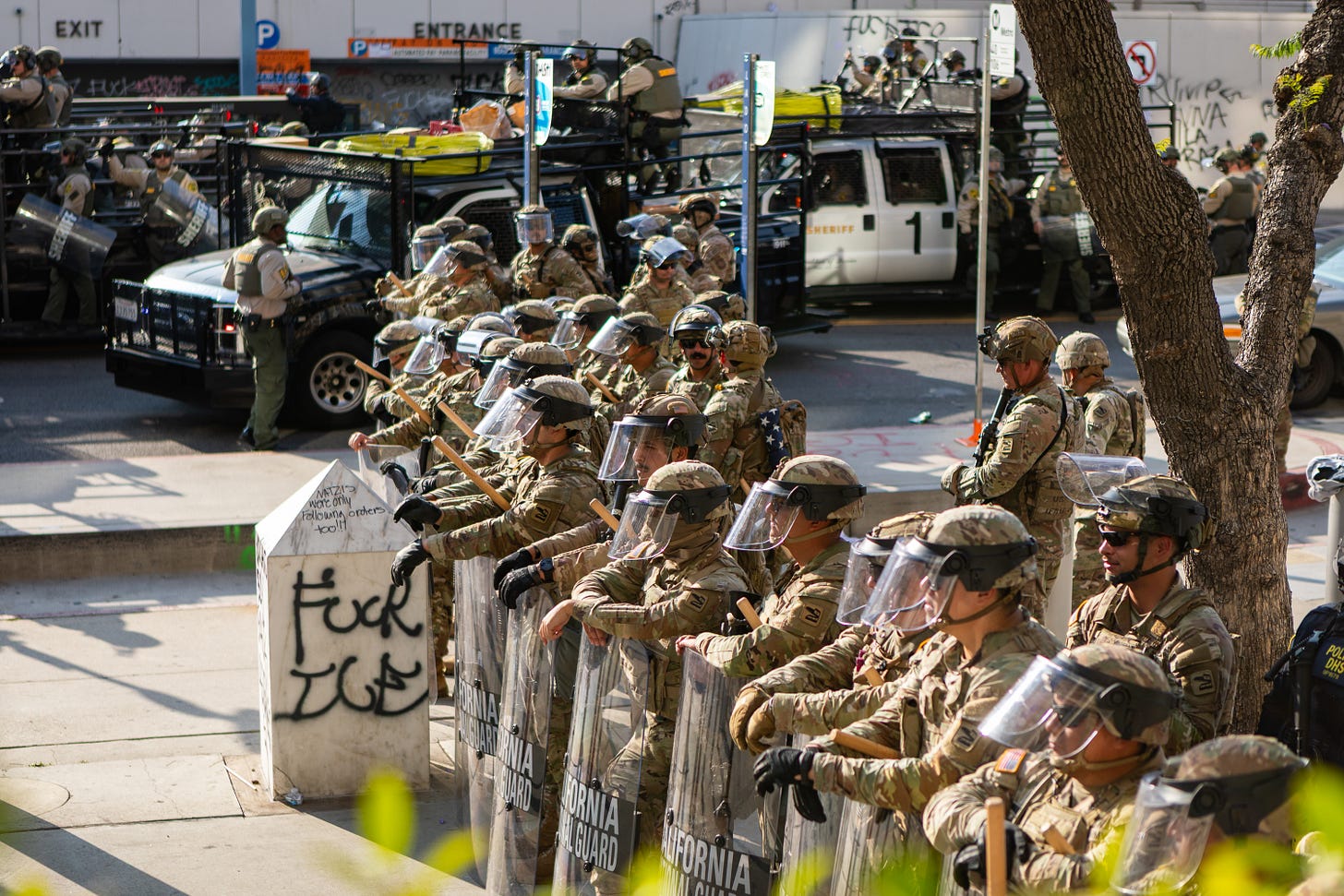‘America is scary.’
I pray that’s a sentence my son never hears again.

By Michael Judge
Tokyo — In a country known for tradition, my family has one I hope we can hang on to for at least a few more years. Every summer, while visiting my wife’s parents, my son goes for a walk after dinner with his now 83-year-old grandfather. Every year the walks get shorter and shorter, but more meaningful, as if they both understand that this is one tradition, like the walk itself, that isn’t meant to last.
My son is a beautifully awkward 13. Half-Japanese and half-American, he’s nearly six-feet tall, and towers over his stooped grandpa, who slowly makes his way through the neighborhood with two walking poles. The poles, which make him look like a skier in search of skis, make it impossible for him to hold on to his grandson’s arm, which was always the best part of the walk for both of them. Even though neither one of them would admit it, there’s a reason we call…
Keep reading with a 7-day free trial
Subscribe to The First Person with Michael Judge to keep reading this post and get 7 days of free access to the full post archives.
